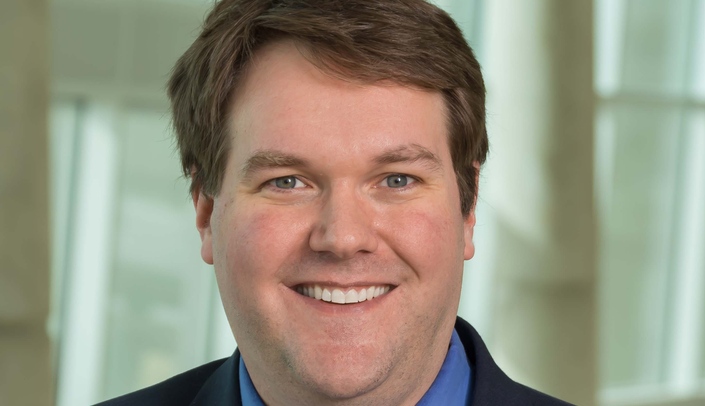Every year, hundreds of rural Nebraska health professionals voluntarily open their practices, minds and hearts to University of Nebraska Medical Center students.
These unsung health professionals are called preceptors. They who supervise, teach and mentor UNMC students in community clinics and hospitals in 80 rural cities. Physicians, nurse practitioners, physician assistants, dentists, pharmacists and others enable students to apply their skills, improve critical thinking and clinical judgment, as well as increase their confidence with patients. Many students typically spend eight weeks with a rural provider as part of fulfilling their educational requirements.
A UNMC team of educators hopes a new toolkit they developed with the help of rural physician preceptors will make it easier for the busy preceptors to mentor future health professionals.
The resource, which became available this month, is a free, online, user-friendly toolkit. It includes information and short videos in a quick and easy format such as new teaching techniques, best practices, evaluation and grading, and tips on how to be an effective preceptor.
A group of rural physicians who also are members of the UNMC College of Medicine Alumni Association as well as UNMC preceptors, suggested the idea for the toolkit and provided input to identify the needs of preceptors. The toolkit was developed by the UNMC Interprofessional Academy of Educators.
"UNMC relies heavily on these volunteer faculty members. They are an important part of education for students," said Geoffrey Talmon, M.D., director of the UNMC Interprofessional Academy of Educators and a UNMC pathologist. "Students tell us they’re the most popular and rewarding experiences of their clinical learning.
"If the students have a solid experience with a preceptor, not only will we have a better health professional, they may stay in Nebraska to practice and be preceptors to students themselves someday. It all comes back to student experience and also supports the idea of rural practice."
Fourth-year medical student, Joe Pachunka, said when he did his rural preceptorship, he was lucky and got to see many of his preceptor’s patients each day, doing things like freezing off warts, skin biopsies and other things in the scope of his experience. "In a rural practice, there are less students and residents unlike here at UNMC, so we get to see many more patients," he said.
Emily Royer, a second-year medical student, said the preceptors benefit as well. "Preceptors are a huge benefit to us and students can free up the physicians to spend more time with other patients," she said.
Dr. Talmon said they also hope to recruit more preceptors since there’s a big need to place students across Nebraska for their clinical experience.
The resource is available at https://www.unmc.edu/academy/clinical-preceptors/clinical-teaching-resources/index.html
The academy is a community of more than 90 UNMC educators who represent every UNMC college. Its role is to develop and promote the use of best practices by educators; encourage and share educational research and innovation; and mentor early career faculty and preceptors to become effective teachers and educational scholars.
We are Nebraska Medicine and UNMC. Our mission is to lead the world in transforming lives to create a healthy future for all individuals and communities through premier educational programs, innovative research and extraordinary patient care.
